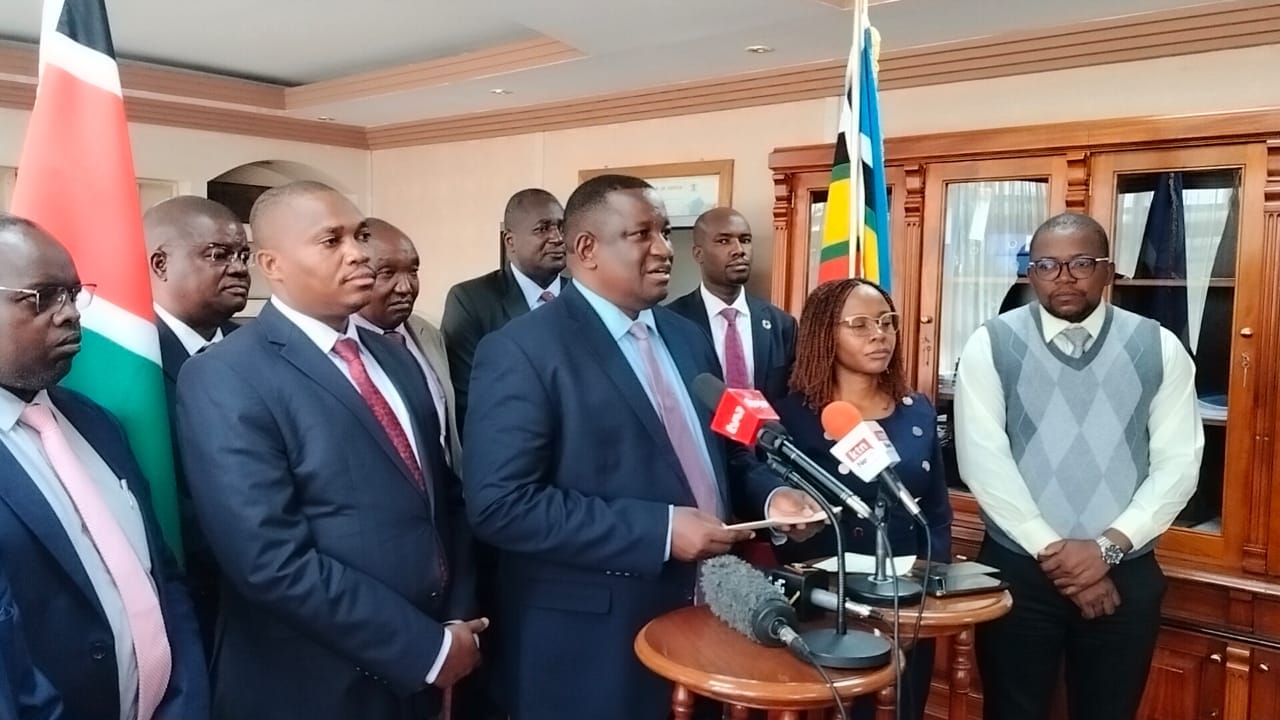The Kenyan government on Wednesday ended a four-year nationwide ban on new mining licenses, a major policy shift aimed at revitalizing the country’s mining industry and boosting its contribution to economic growth.
The moratorium, imposed in December 2019, froze permitting for all new mining projects while Kenya conducted reforms of its outdated mining regulations. Its lifting signals renewed opportunities for investment in construction materials, industrial minerals and gemstones across the East African nation.
“The moratorium has been lifted on all construction and industrial minerals,” said Mining Cabinet Secretary Salim Mvurya in a statement. He listed 55 minerals and rocks like limestone, gypsum, granite and various gemstones that can now be freely mined under new permits.
But the government will maintain tight restrictions on so-called “strategic minerals” including gold, copper, rare earth metals and others. These will be handled on a “case-by-case basis,” Mvurya said, requiring scrutiny by mining officials before extraction is approved.
The bifurcated approach aims to balance Kenya’s economic development needs with concerns over the environmental impacts, governance and revenues from mining its most precious natural resources.
As part of reforms underway, over 3,000 illegal mining operations across the country have been issued stop orders, Mvurya noted.
Read more: Four unlicensed fuel depots shut down in dawn raid
To improve oversight, the government is establishing a dedicated police unit focused on enforcing mining regulations and preventing the rampant smuggling of minerals out of the country.
“Mineral smuggling has been declared an economic crime and punishable as such,” Mvurya emphasized. Better enforcement is key to ensuring Kenya benefits from its resource wealth.
The government also aims to formalize artisanal and small-scale mining, which provides income for an estimated 100,000 Kenyans but has often operated outside the law.
“Artisanal mining activities has been decriminalized,” Mvurya explained. “Directed to form marketing cooperatives for consideration on issuance of Artisanal Mining Permits.”
Bringing artisanal miners into a legal, regulated system is a major goal of the reforms. But mining companies of all sizes will face stricter requirements before resuming extraction, like updating ownership documents, tax compliance and inspection of mineral shipments.
“We want to thank all investors and players in this sector for their patience during this period of reforms,” Mvurya said. He pledged that stakeholder engagement will continue in the weeks ahead as further changes are considered.
Email your news TIPS to editor@thesharpdaily.com












